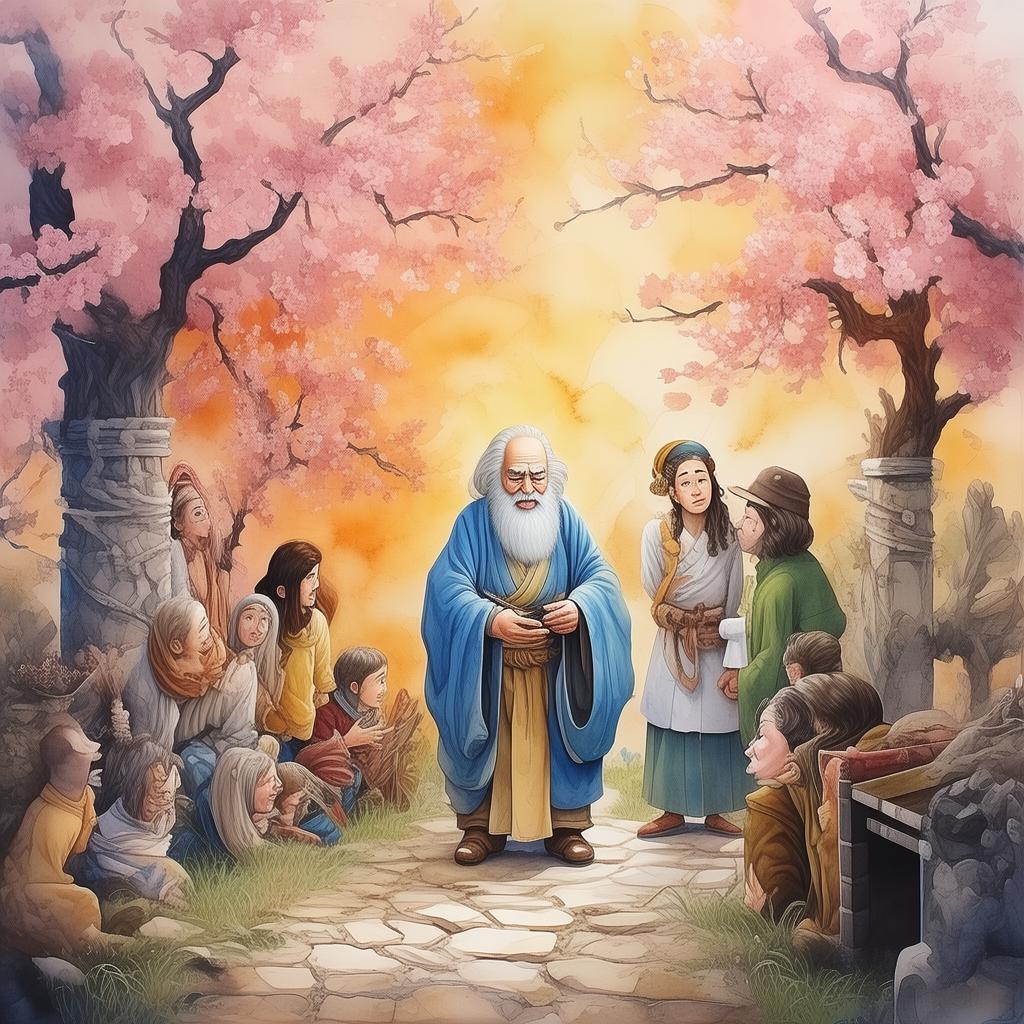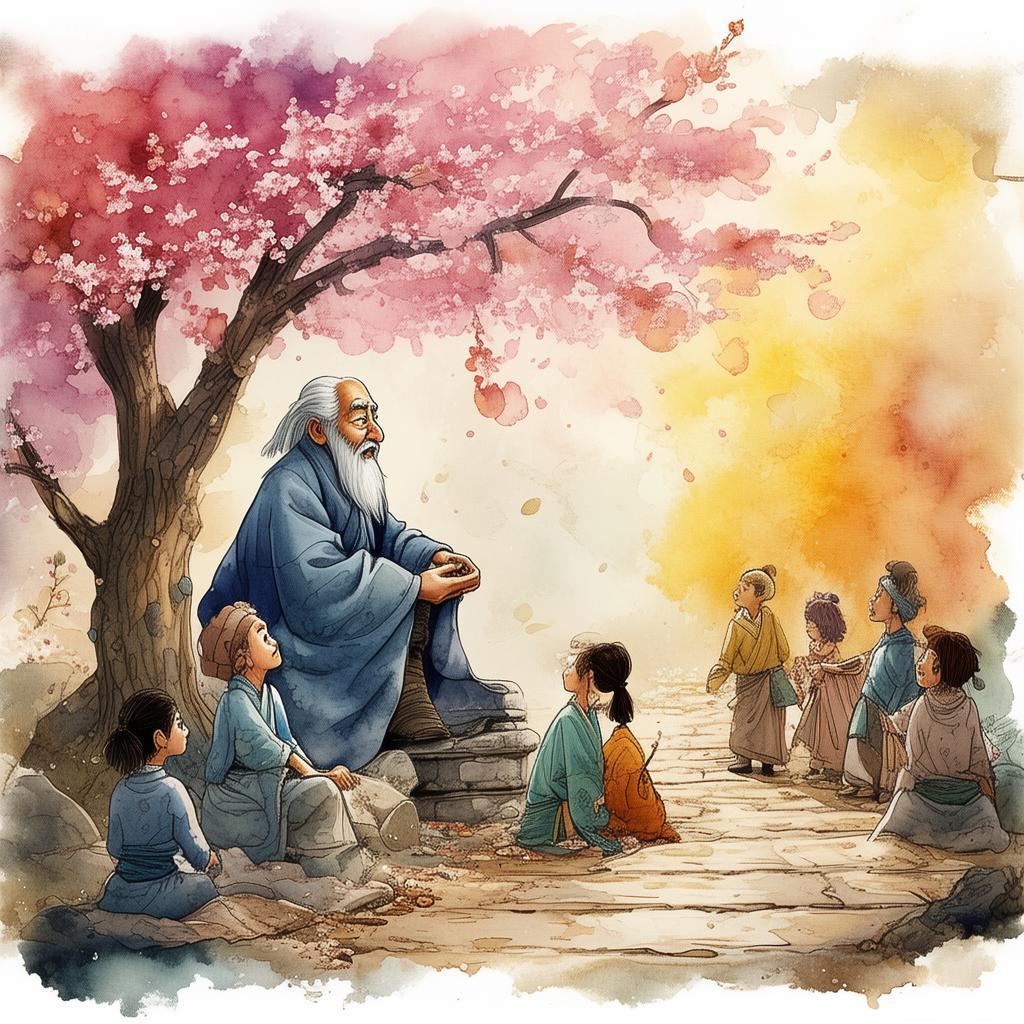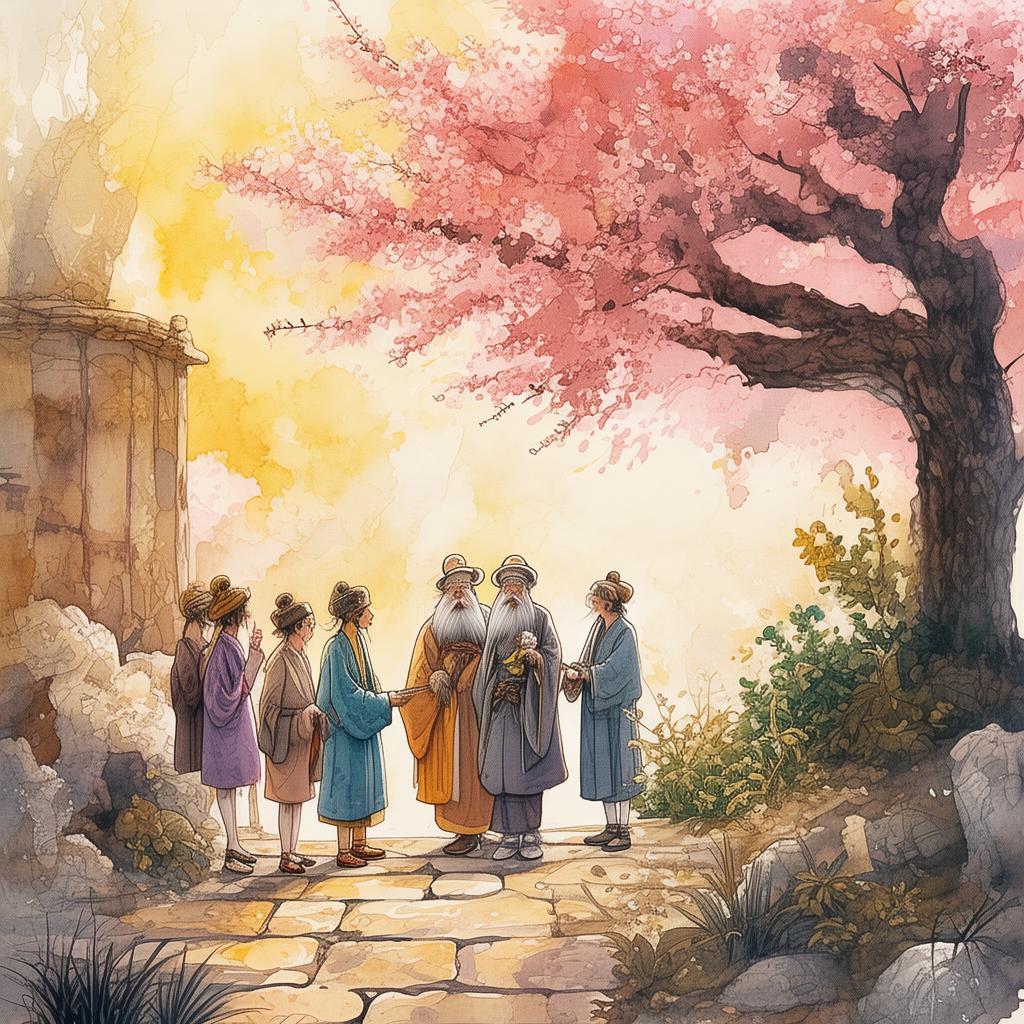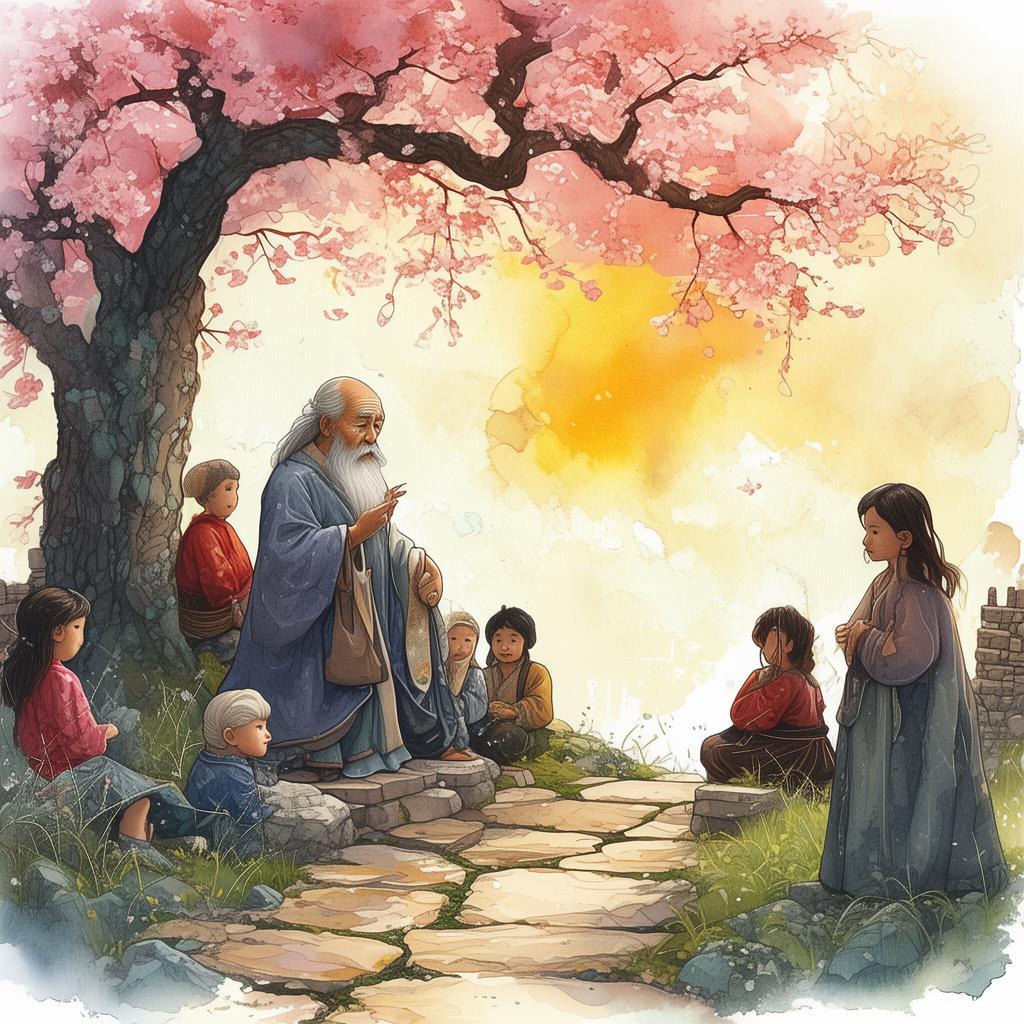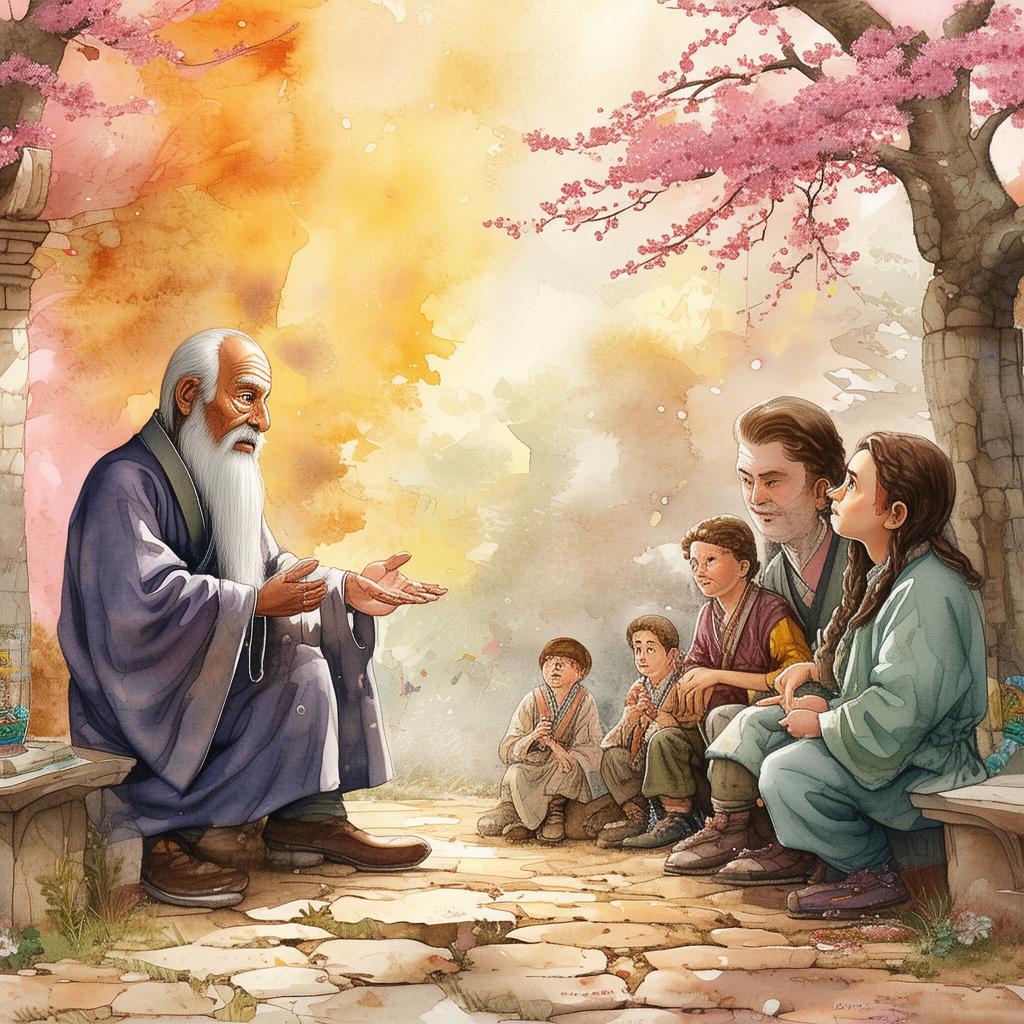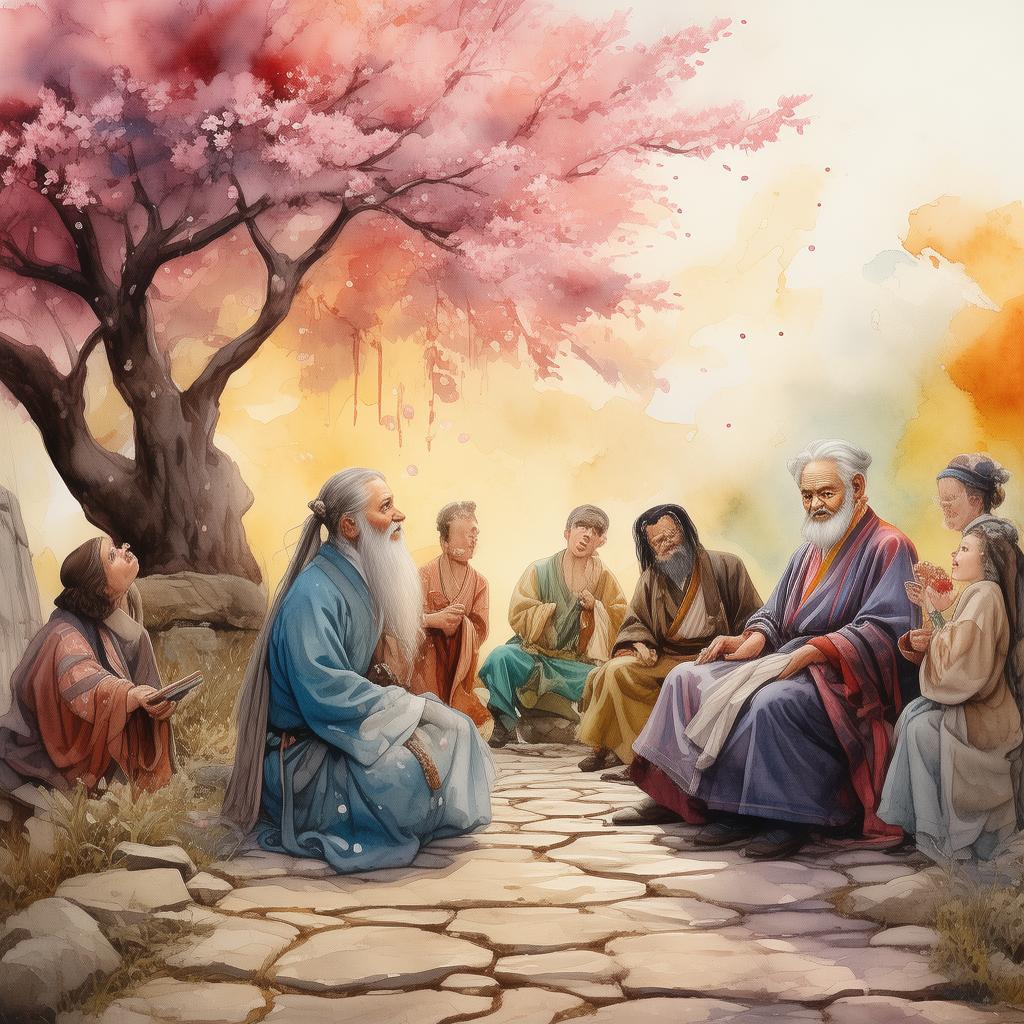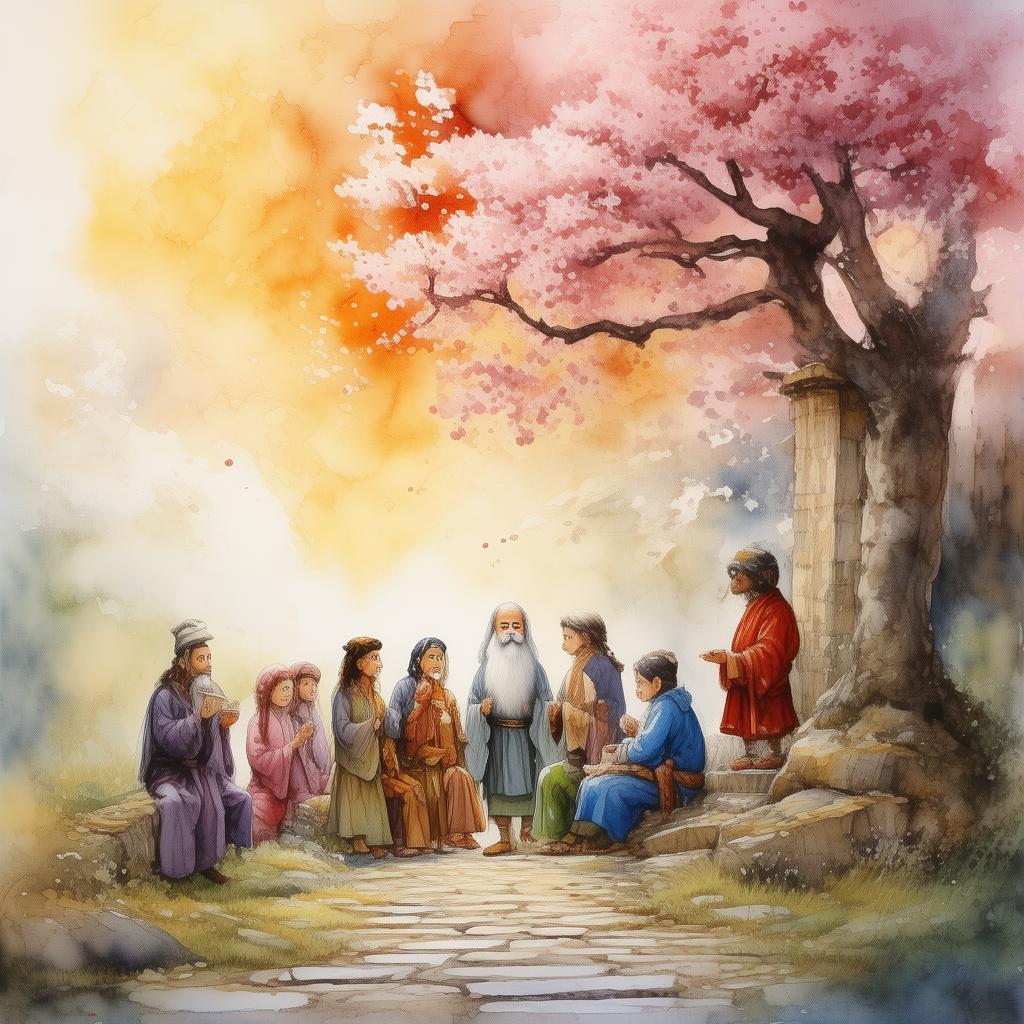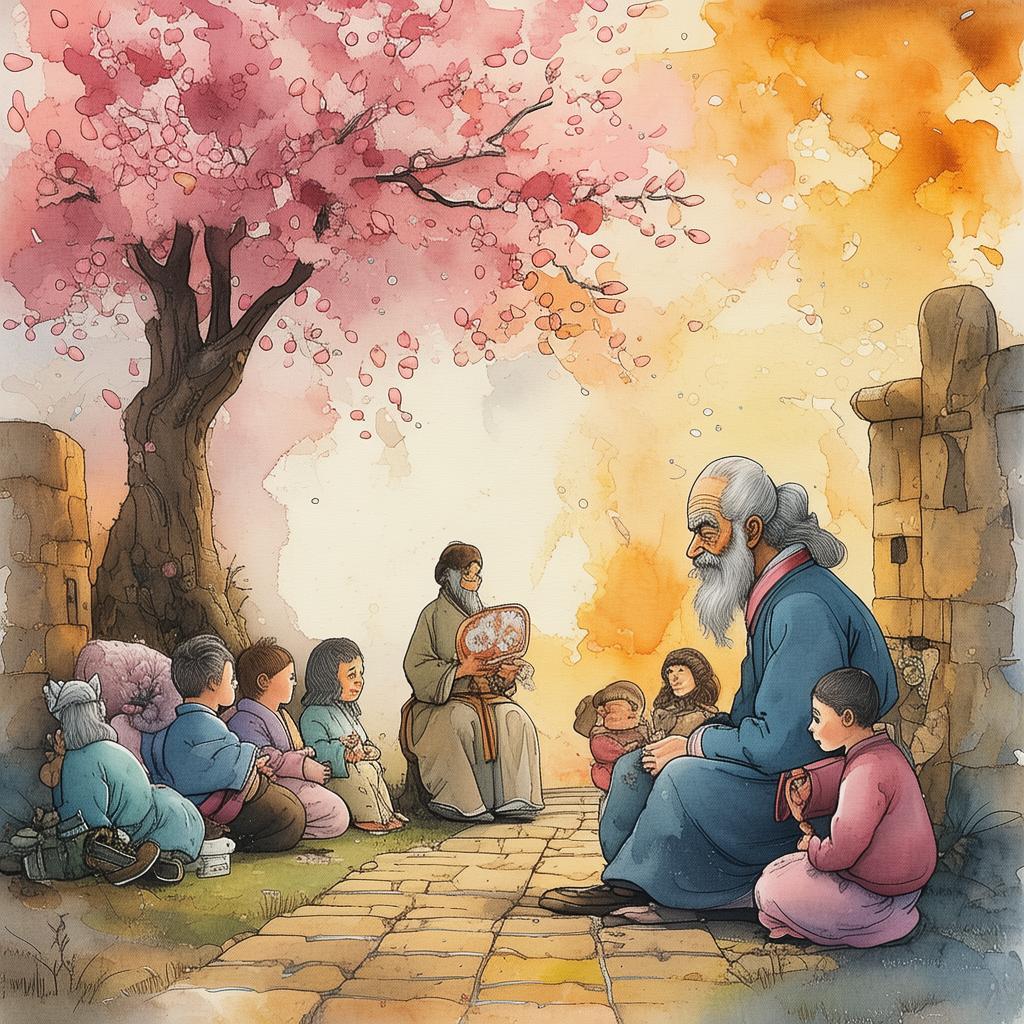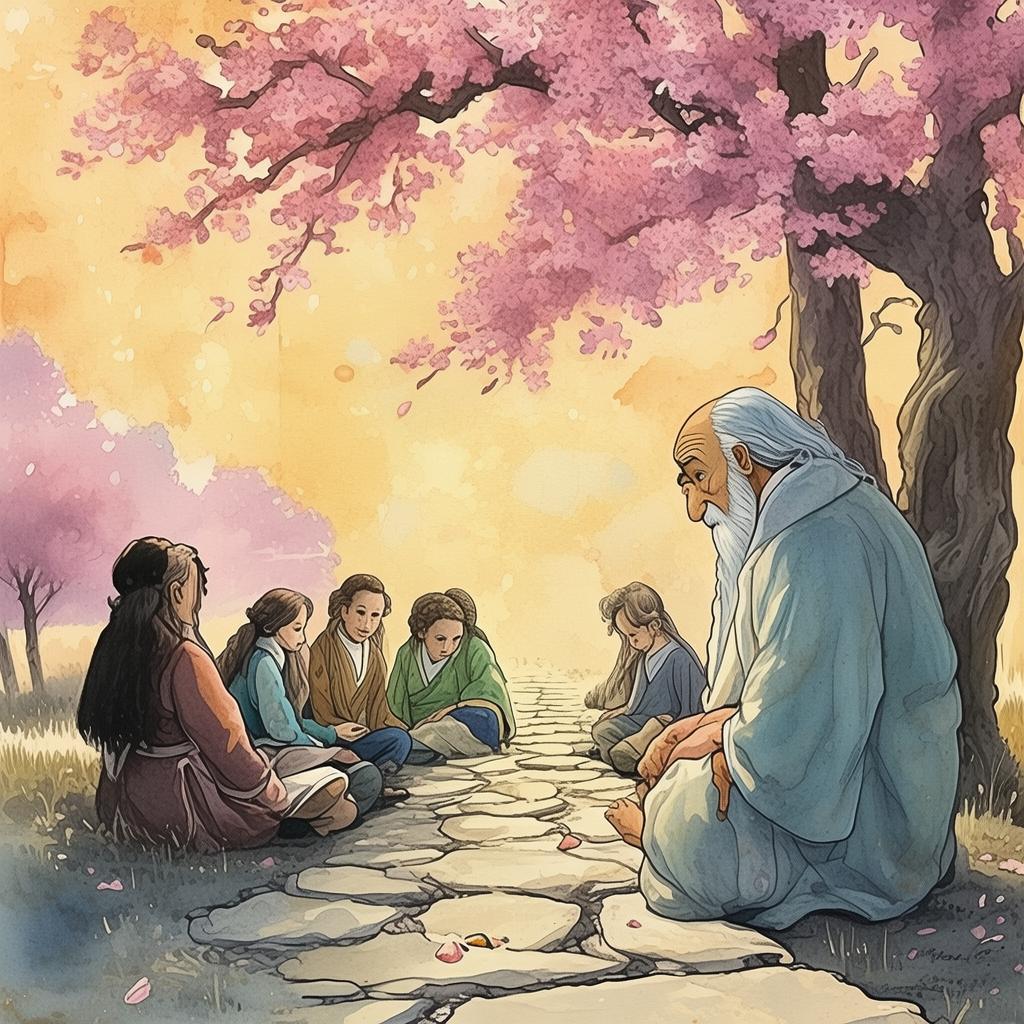The Idiom's Legacy: A Tragic Fate
In the bustling city of Beijing, there lived a young man named Li Ming. He was the only son of the wealthy and influential Li family. Li Ming was known for his intelligence and ambition, but he harbored a deep sense of emptiness within him. He felt disconnected from his family's opulent lifestyle, as if he were a stranger in a world he had never truly wanted to belong to.
One evening, as Li Ming sat in his room, he stumbled upon an old, dusty book on the shelf. The title caught his eye: "The Idioms' Legacy." Intrigued, he began to read. The book was a collection of famous idioms, each accompanied by a story that explained its origin. As he delved deeper into the book, Li Ming's curiosity turned into a quest for understanding the true meaning behind the idiom that had been passed down through his family for generations: "The Idiom of Tragic Fate."
The story of the idiom began with a young man named Li Jun, a member of the Li family several centuries prior. Li Jun was a brilliant strategist and a master of martial arts. His wisdom and prowess earned him the respect and admiration of the emperor, who offered him a position in the royal court. Li Jun, however, was a man of humble origins, and he feared that his success would bring him closer to the corrupting influence of power.
Determined to maintain his integrity, Li Jun devised an idiom that would serve as a warning to his descendants. "The Idiom of Tragic Fate" was a riddle that only those with a pure heart could solve. It was said that the one who deciphered the idiom would face a great trial, but through their perseverance, they would find redemption and restore honor to their lineage.
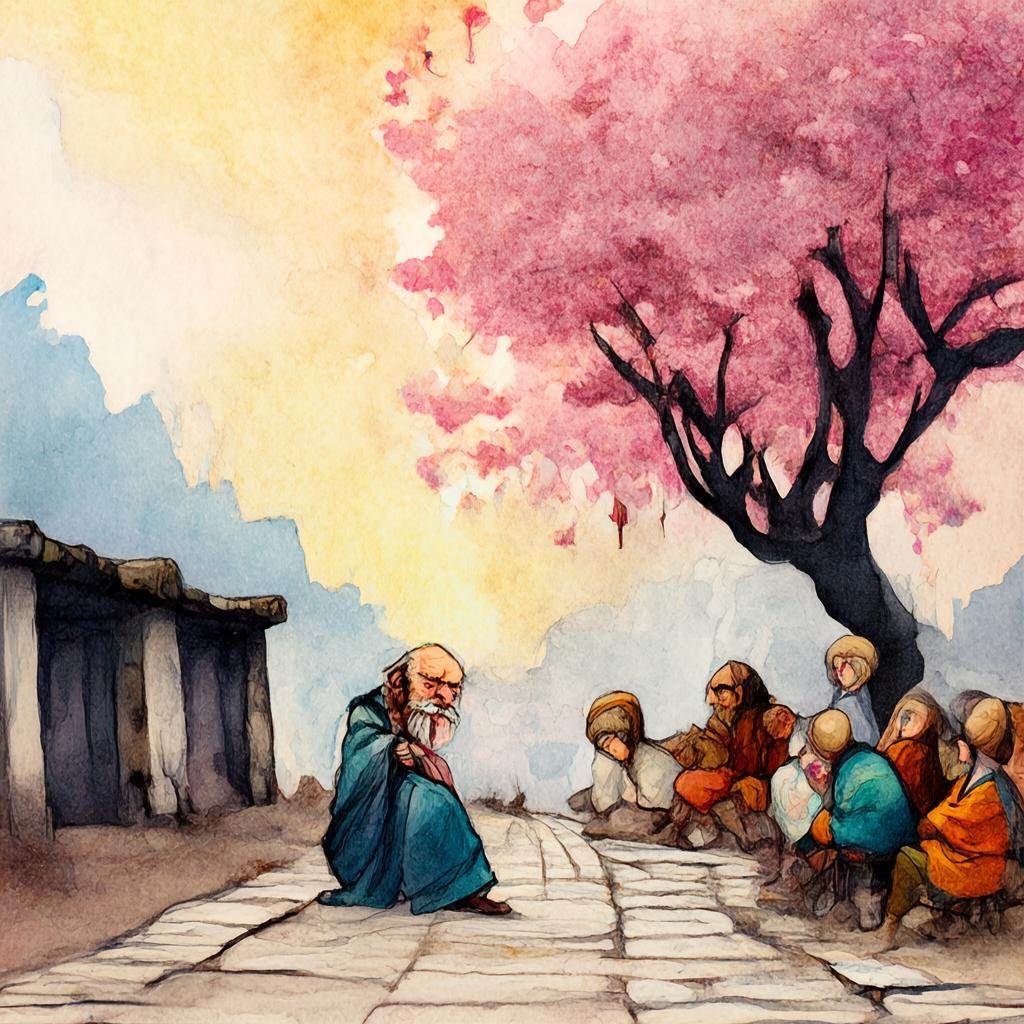
Li Ming became obsessed with uncovering the truth behind the idiom. He sought out the elders of his family, hoping to find someone who could help him decipher the riddle. However, they were tight-lipped about the matter, claiming it was a secret that must be kept hidden from the outside world.
Desperate for answers, Li Ming turned to his ancestors' diaries, which he found in the family's ancient library. As he read through the diaries, he discovered a series of tragic events that had befallen his lineage. Each generation seemed to be cursed by the idiom, as they were faced with dilemmas that tested their moral fiber and loyalty to their family.
One of the most poignant stories was that of Li Jun's son, Li Qian. Li Qian, a man of great compassion, found himself caught in a web of political intrigue. To save his family, he was forced to make a choice that would forever change his life. In the end, he chose to sacrifice his own happiness for the greater good of his family, ensuring that the Li family's honor would be preserved.
Li Ming realized that he was the one who had to solve the idiom and break the cycle of tragedy. He began to study the idioms in the book, searching for clues that would lead him to the truth. It was a grueling process, filled with setbacks and moments of doubt. But Li Ming's determination never wavered.
One day, as he was poring over the idioms, Li Ming stumbled upon a passage that seemed to hold the key to the riddle. It read, "The truth lies not in words, but in the heart." This revelation led him to confront his own inner turmoil and examine the values that had been instilled in him by his family.
Li Ming traveled to remote villages and ancient temples, seeking guidance from wise sages and spiritual leaders. He faced numerous challenges, from treacherous landscapes to the betrayal of friends. Through his trials, Li Ming learned to trust his instincts and to believe in the power of his own heart.
Finally, Li Ming returned to his family's estate, determined to solve the idiom. He stood before the elders of his family and recited the solution he had found. The elders listened in silence, their faces filled with a mix of awe and sorrow.
Li Ming's solution was not a traditional one; it was a message of hope and unity. He declared that the true legacy of the Li family was not their wealth or power, but the values they held dear: integrity, compassion, and loyalty. By embracing these values, the Li family could break free from the curse of the idiom and ensure a brighter future for generations to come.
The elders nodded in agreement, and Li Ming was hailed as a hero. His story became a legend within the family, and the idiom of tragic fate was no longer a curse but a reminder of the strength and resilience of the Li family.
Li Ming's journey had been long and arduous, but he had found redemption in the process. He realized that the true meaning of the idiom was not about escaping a predestined fate, but about choosing one's own path and facing the consequences with courage and integrity.
The Idiom's Legacy: A Tragic Fate became a tale that would be told for generations, inspiring others to seek truth and redemption in their own lives. And so, the legacy of the Li family lived on, not just in their wealth and power, but in the hearts of those who remembered the lessons of the past.
✨ Original Statement ✨
All articles published on this website (including but not limited to text, images, videos, and other content) are original or authorized for reposting and are protected by relevant laws. Without the explicit written permission of this website, no individual or organization may copy, modify, repost, or use the content for commercial purposes.
If you need to quote or cooperate, please contact this site for authorization. We reserve the right to pursue legal responsibility for any unauthorized use.
Hereby declared.
